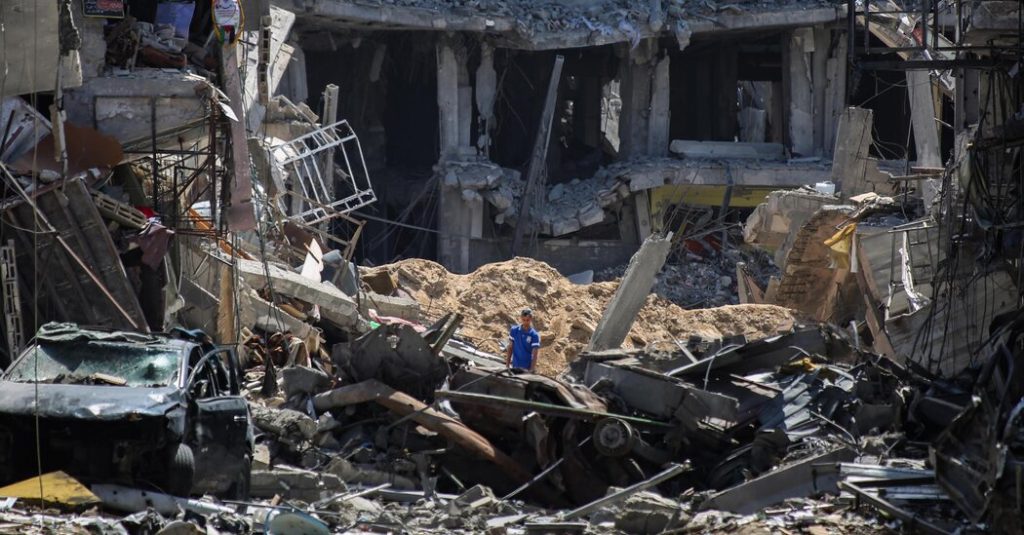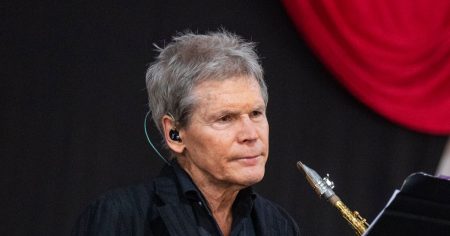An international group of influential individuals gathered in London to discuss the reconstruction and long-term economic development of Gaza, despite ongoing conflict and devastation in the region. Led by Chris Choa of Outcomist, the group included officials from American and European economic development agencies, executives from Middle Eastern companies, and consultants from McKinsey & Company. Though the plan they produced envisions transforming Gaza into a thriving commercial hub, it faces significant obstacles, including the end of the war, political uncertainties, and the need for billions of dollars in investment.
The initiative, known as Palestine Emerging, aims to connect Gaza to the global economy through major projects like a deepwater port, a desalination plant, an online healthcare service, and a transportation corridor. Representatives from major international funding organizations and the U.S. government have shown interest in the plan, viewing it as a potential strategy to generate jobs in Gaza and combat support for Hamas. However, the plan’s execution hinges on resolving political disputes, securing funding, and overcoming legal restrictions on direct engagement with the Palestinian Authority.
The plan also addresses the urgent humanitarian needs of Gaza’s residents while focusing primarily on long-term rebuilding efforts. With half the population on the verge of famine and millions lacking homes, the group stresses the importance of delivering essential services like food, water, and healthcare alongside the larger reconstruction vision. By incorporating temporary structures thoughtfully, the group hopes to avoid hindering future development opportunities once conditions stabilize in Gaza.
Despite the daunting challenges and uncertainties, the initiative has garnered support from international funding organizations and U.S. government agencies. While the plan requires a clear path to Palestinian autonomy and substantial funding, particularly from Persian Gulf countries, the potential benefits of economic development in Gaza are seen as crucial to its future stability. The group, which has now expanded to include international stakeholders and Palestinian officials, envisions a multi-faceted approach to rebuilding, including education, sports, and entertainment initiatives.
The plan extends well into the next quarter-century, with proposals for a state-of-the-art soccer stadium, a Technical University of Reconstruction, and a film industry strategy. A deepwater port built on an artificial island of debris and rubble, and a focus on small business initiatives, are among the innovative ideas aimed at reshaping Gaza’s future. Private companies are expected to play a key role in implementing these projects, given restrictions on direct engagement with the Palestinian Authority and concerns about corruption within the authority.
While the enormity of the task ahead is daunting, the group remains committed to pursuing a brighter future for Gaza despite the ongoing challenges. By engaging international stakeholders, partnering with local businesses, and maintaining a focus on both immediate humanitarian assistance and long-term development goals, the initiative seeks to lay the groundwork for Gaza’s transformation into a thriving urban center once the conditions are suitable for implementation.















